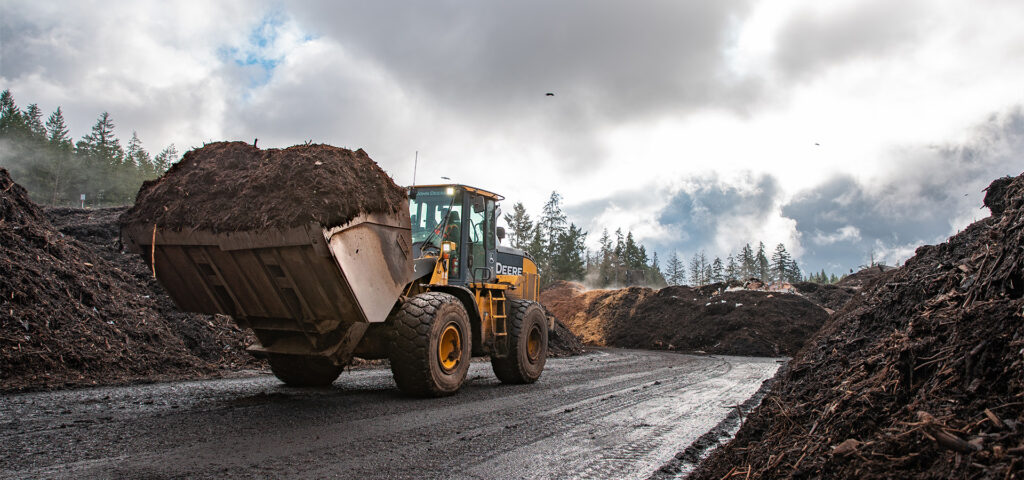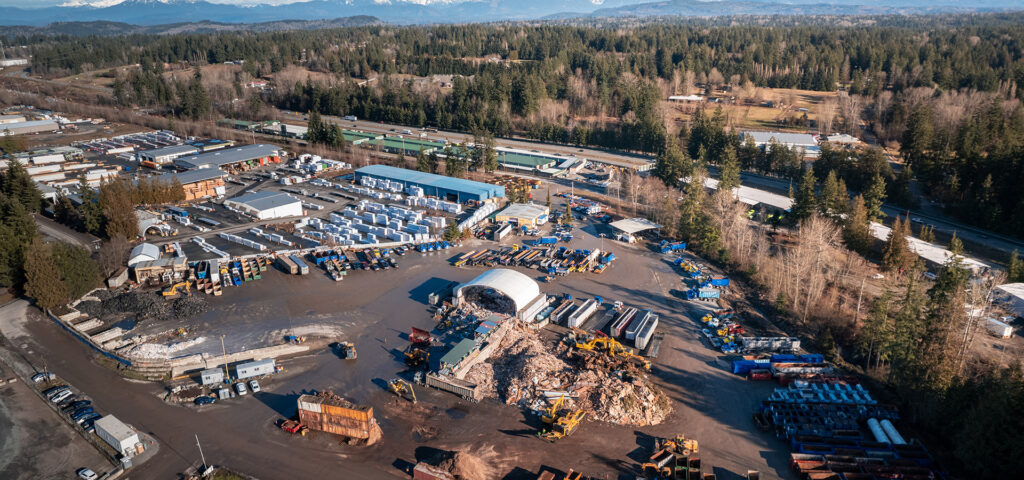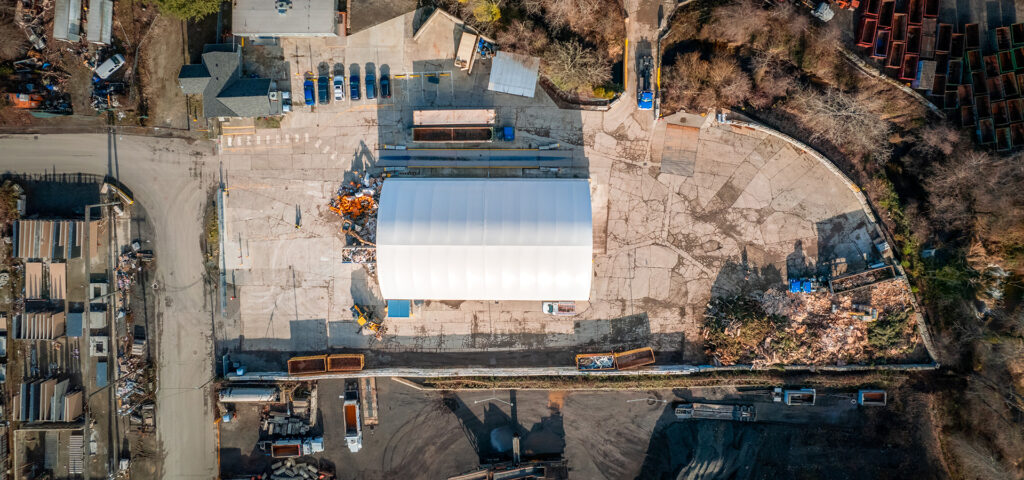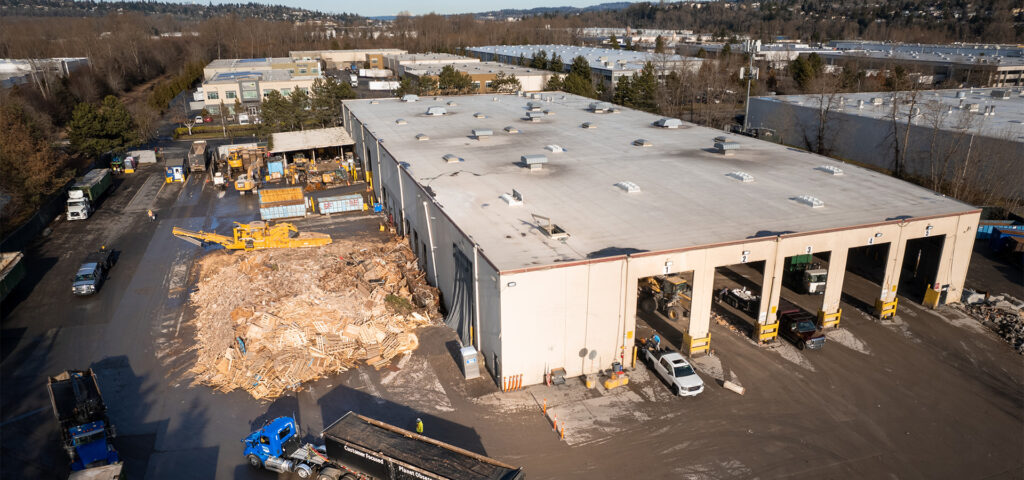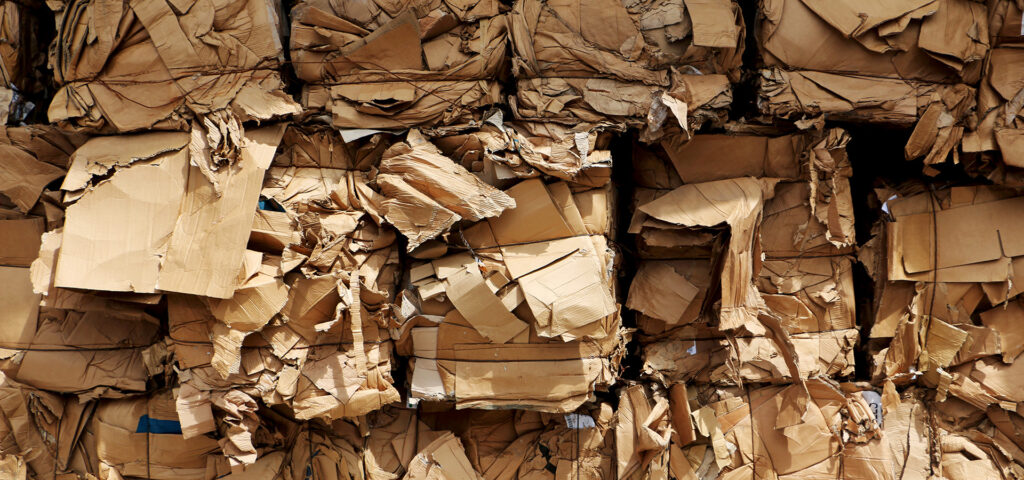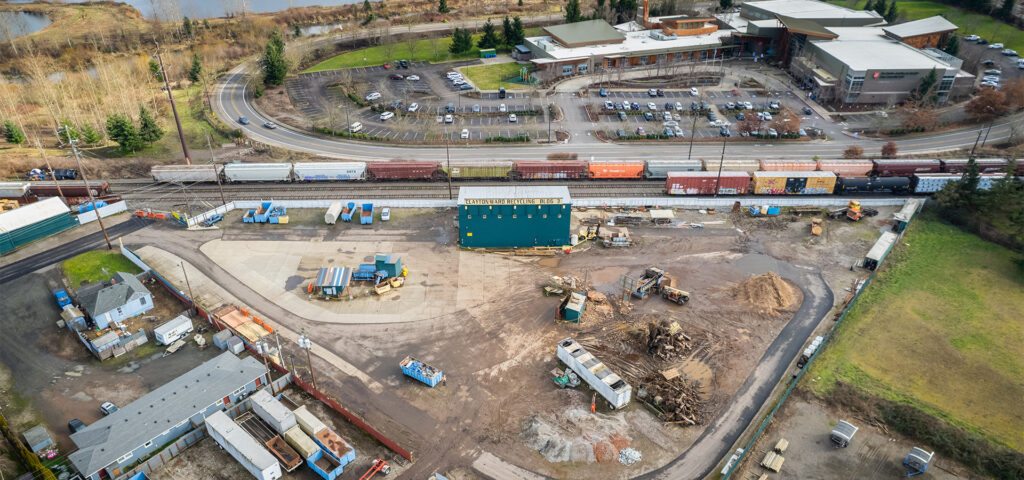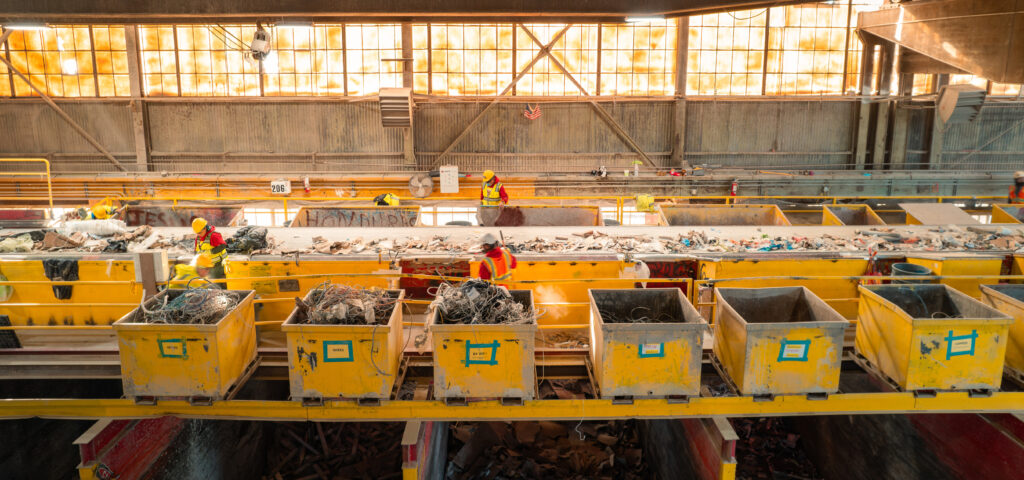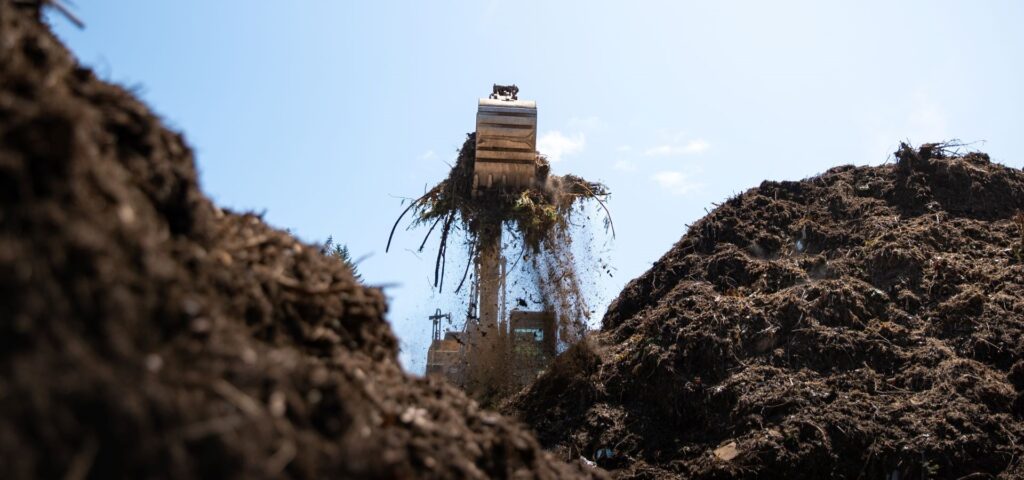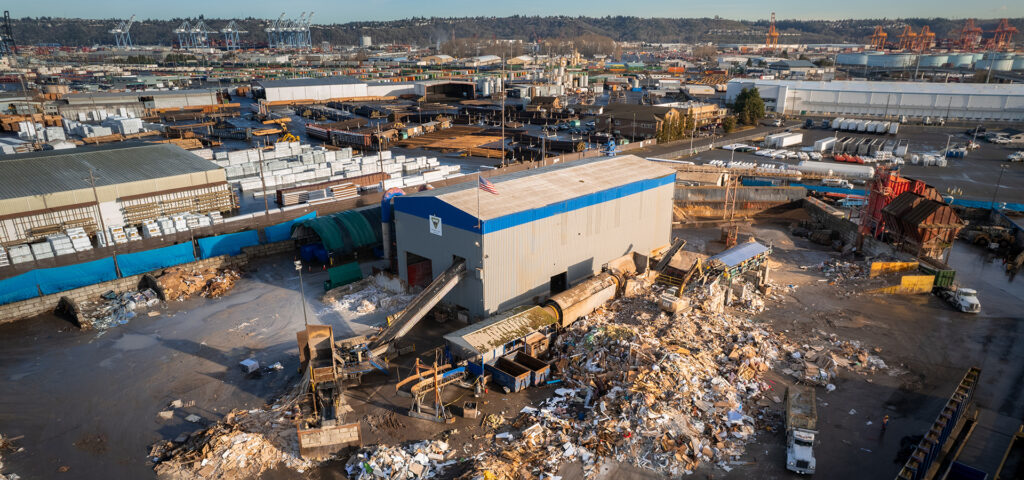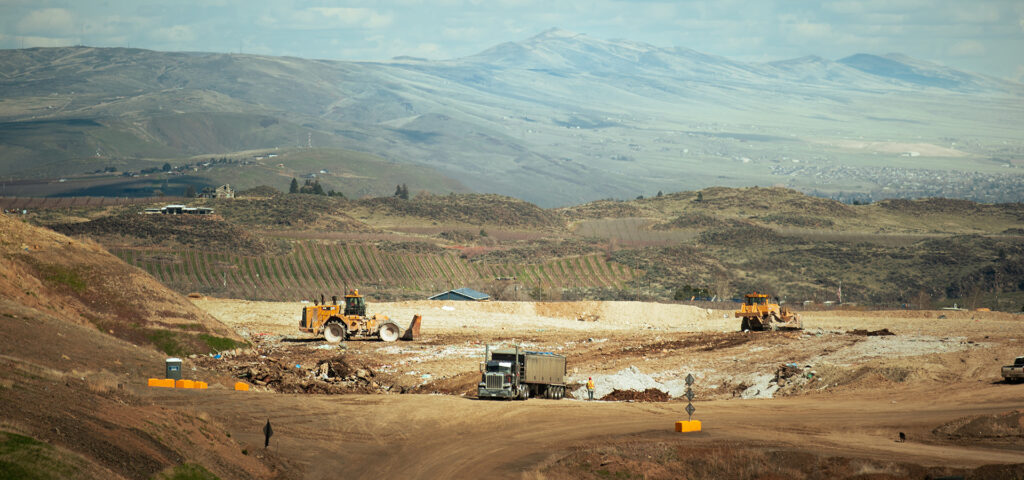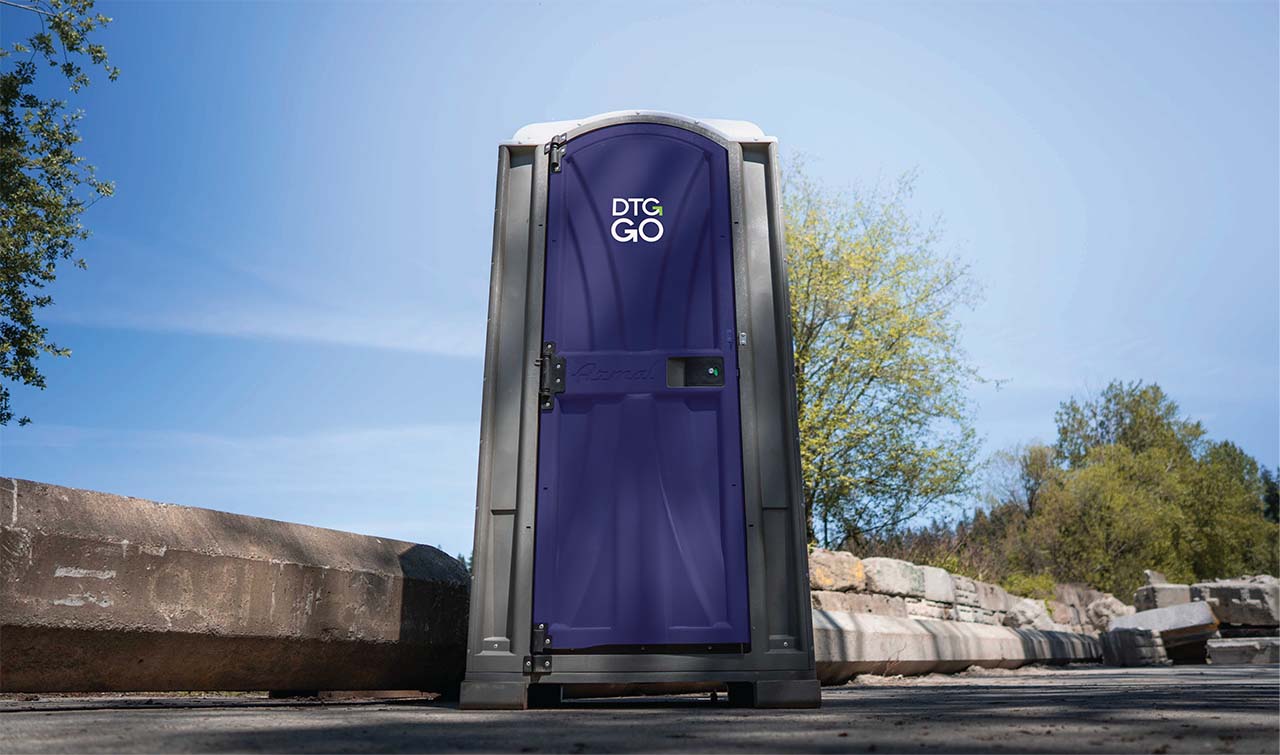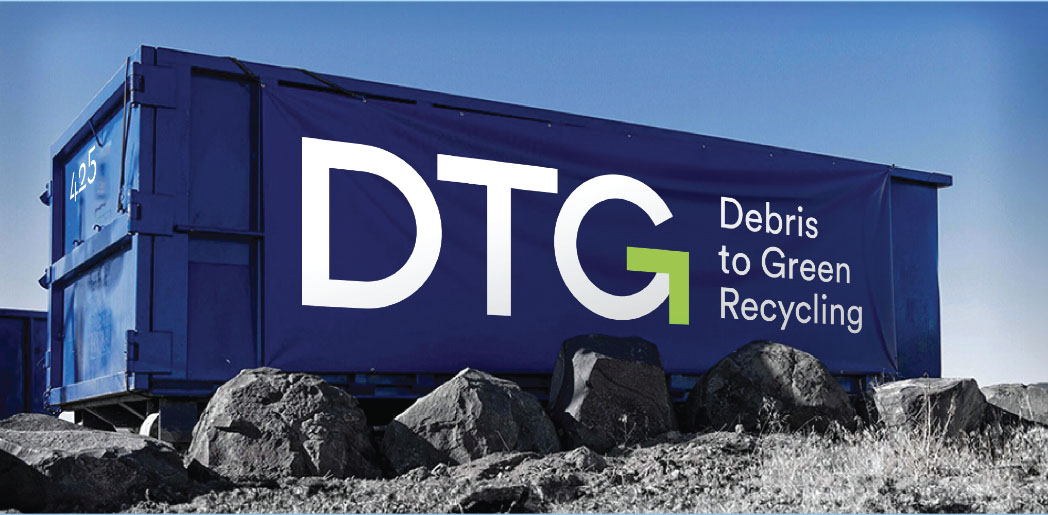Clean Wood Recycling Center
Get Your Clean Wood Recycled Today!
DTG Recycle has Wood Recycling Centers all over Washington State. You may also drop off your wood at our locations. We accept clean wood, brush, stumps, logs, construction lumber, pallets, and untreated fencing.
Since 1999, DTG Recycle has been playing an active role in preserving our environment by providing reliable clean wood recycling services. We have recycled over 46,122,909 lbs of clean wood from January 2023 through June 2023. We accept clean wood, brush, stumps, logs, construction lumber, pallets, and untreated fencing.
Let’s take a look into the types of recyclable wood, the proper way of wood disposal, and its recycling process.
Is Wood Recyclable?
Yes, wood is recyclable. Wood recycling is an important practice that offers numerous benefits. Wood debris can be effectively repurposed and reused, serving as a valuable building material or transformed into mulch for landscaping and pulp for paper production. Additionally, recycling wood can be a profitable venture, as it can be used as a fuel source or processed into wood pellets for energy production. By reusing and recycling wood, the demand for cutting down trees is reduced, thereby preserving forests and minimizing the environmental impact.
Furthermore, wood recycling helps to tackle the issue of debris management, as it reduces the amount of wood scraps sent to landfills, where it can take an extended period to decompose. Instead, recycling gives wood a new purpose and extends its useful life, contributing to a more sustainable approach.
How to Dispose of Wood?
With regards to wood debris disposal, you have a few options. You can check if it can be included in a regular curbside collection or dropped off at a local recycling center if you have a small amount. For larger quantities or heavier wood pieces, renting a dumpster may be more convenient for quick disposal. Some areas also have designated drop-off locations where you can bring the wood for proper disposal or recycling. Additionally, consider reusing or repurposing the wood if it’s in good condition. Remember to follow local regulations and guidelines for appropriate disposal methods.
How to Recycle Wood?
Recycling wood involves diverting wood debris from landfills and finding alternative uses for it. Through recycling, wood can be transformed into new products or utilized for energy generation, contributing to environmental sustainability and resource conservation.
1. Collecting Discarded Wood Products
At DTG, there are specific guidelines for the types of wood that can be accepted and recycled. Clean wood, such as construction lumber, pallets, and untreated fencing that is ready to be ground, is permitted. Wood loads containing a maximum of 5% painted (no lead), pressure-treated, or creosote-treated wood are also accepted. Chipped trees and branches, as well as brush, stumps, and logs from land clearing without dirt, can be recycled as well.
Additionally, we accept plywood, chipboard, MDF, glulam, and pressure-treated, painted, nailed, or glued wood, as long as they are source separated. It’s important to note that pressure-treated wood is not accepted in the source separated wood category. By adhering to these guidelines, DTG promotes efficient and responsible wood recycling practices.
2. Sorting
Wood debris is sorted based on its type and quality. This helps ensure that the recycling process can be tailored accordingly. Sorting of wood during the recycling process is typically done in accordance with various wood grades. The specific wood grades can vary depending on regional or industry standards, but here are a few commonly recognized grades:
- Grade A: High-quality, clean, and untreated wood, often referred to as “clean wood.” It includes solid wood pieces, such as lumber or pallets, without any coatings, contaminants, or preservatives.
- Grade B: Slightly lower quality than Grade A, but still suitable for recycling. It may include painted or lightly treated wood, plywood, or composite wood products.
- Grade C: Lower-quality wood, often mixed with other materials or heavily treated. This grade can include laminates, particle board, or heavily coated and painted wood.
- Grade D: Hazardous material – This includes all grades of wood, including treated material such as fencing and trackwork, and requires disposal at special facilities.
3. Removing Contaminants
Any non-wood materials or contaminants, such as metal nails or screws, are removed from the wood debris. This step is important to prevent damage to the recycling equipment and ensure the quality of the recycled wood.
4. Primary Shredding
The sorted wood debris is fed into a primary shredder, which breaks it down into smaller pieces or chips. This shredding process facilitates subsequent handling and processing.
When primary shredding wood, some common contaminants that may need to be removed include:
- Metal fasteners: Nails, screws, staples, or any metal components attached to the wood.
- Paint or coatings: Wood that has been painted, stained, or treated with varnish or other coatings.
- Adhesives: Glue, adhesives, or tape residues that are stuck to the wood.
- Plastic or rubber: Pieces of plastic or rubber materials, such as packaging or gaskets, that are mixed with the wood.
- Glass: Small glass fragments or shards that may be present in the wood.
- Rocks and soil: Small stones or soil particles that have become mixed with the wood debris.
5. Screening
The shredded wood material is screened to separate different sizes and remove any remaining impurities or contaminants. This step helps achieve a more uniform product.
6. Secondary (Fine) Shredding/Granulating into Wood Mulch
The wood chips or pieces are further processed through secondary shredding or granulating machines to create wood mulch or other products. Fine shredding ensures a consistent particle size and enhances the suitability of the wood for specific applications, such as landscaping, animal bedding, or biomass energy production.
What are the Types of Wood that Can Be Recycled?
- Oak
- Pine
- Maple
- Cedar
- Walnut
- Cherry
- Mahogany
- Birch
- Ash
- Teak
Which Types of Wood are not Recyclable?
- Plywood
- Particle board
- MDF (Medium Density Fiberboard)
- Veneer
- Laminate
- Painted Wood
- New Pre-Primed
Why Recycle Wood?
Here are the reasons to recycle wood:
- Environmental conservation
- Debris reduction
- Energy savings
- Resource conservation
- Economic opportunities
- Aesthetic and functional value
Statistics on Wood Recycling
Over 3.1 million tons of wood pallet were recycled
In 2018, over 3.1 million tons of wood pallet were recycled, resulting in a 17.1% recycling rate. 1
DTG Recycle recycled over 46,122,909 lbs of clean wood between Jan and June 2023
With 46,122,909 lbs of wood, you can build 71 Seattle Great Wheel.
Recycling wood debris can reduce the following…
- Over 2.8 million tons of wood debris were burned in 2018. 1
- In 2018, approximately 12.2 million tons of wood debris were disposed of in landfills. This accounted for 8.3% of all wood scraps dumped that year. 1
FAQs for Wood Recycling Service
Where to recycle wood?
Wood can be recycled at most recycling centers, as well as at curbside pickup programs in many areas. Check with your local recycling program for specific guidelines on how to recycle wood in your area.
Can you make money by recycling wood?
Yes, it is possible to make money by recycling wood. Here are a few ways you can potentially earn money through wood recycling.
- Selling reclaimed wood: For reclaimed or salvaged wood from demolition sites, barns, or other sources, you can sell it to individuals or businesses that are looking for unique, vintage, or eco-friendly wood materials for various projects.
- Wood pallet recycling: Wood pallets are widely used for shipping and storage. Collecting and repairing used pallets can be a profitable venture. You can sell refurbished pallets to companies in need of cost-effective shipping solutions or recycle them into other wood products.
- Wood debris disposal services: Many construction sites, furniture manufacturers, and woodworking shops generate wood debris. By providing wood collection and disposal services, you can help these businesses manage their debris while earning money from the collected wood, which can be recycled or repurposed.
- Biomass and biofuel production: Wood scraps, such as wood chips and sawdust, can be used as biomass fuel or processed into biofuel. If you have access to a steady supply of wood debris, you could potentially sell it to biomass power plants or biofuel production facilities.
- Artisanal woodworking: If you have woodworking skills and creativity, you can create unique and handmade wood products, such as furniture, home decor, or crafts, using recycled wood. These items can be sold through online platforms, craft fairs, or local markets.
How many times can wood be recycled?
Wood can be recycled multiple times, but the number of times it can be recycled depends on various factors such as the quality of the wood, the processing methods used, and the intended end-use of the recycled product. While there is no fixed limit to the number of times wood can be recycled, the quality and strength of the recycled wood may diminish with each recycling cycle.
According to the U.S. Environment Protection Agency, hardwood lumber, which is commonly used in furniture and flooring, can be recycled and reprocessed into new products multiple times. However, the recycled wood may be more suitable for applications that do not require high structural strength, such as decorative items or paneling.
Can you put wood in the recycling bin?
No. Generally, wood cannot be put in the regular recycling bin. Most recycling programs are designed to handle materials like paper, plastic, glass, and metal. Wood is a bulky and heavy material that requires different processing methods for recycling. It is best to explore alternative options for wood disposal, such as contacting local recycling centers or debris management facilities to inquire about specific wood recycling programs in your area.
What can be made from recycled wood?
- Furniture: Recycled wood can be used to create various types of furniture, such as tables, chairs, cabinets, and bookshelves.
- Flooring: Reclaimed or recycled wood can be processed into flooring materials, providing a rustic and eco-friendly option for homes and commercial spaces.
- Wall paneling: Reclaimed wood can be used to create decorative wall paneling, adding character and warmth to interior spaces.
- Decorative items: Recycled wood can be crafted into decorative items like picture frames, wall art, and sculptures.
- Pallets and crates: Recycled wood can be used to construct pallets and crates for shipping and storage purposes, providing a sustainable alternative to new wood.
- Mulch and wood chips: Wood debris can be recycled into mulch and wood chips, which are commonly used in gardening and landscaping.
- Paper and cardboard: Wood fibers can be recycled and processed into paper and cardboard products, reducing the need for fresh wood pulp.
- Biofuel: In some cases, recycled wood can be converted into biofuel, providing an alternative energy source.
- Building materials: Recycled wood can be used to create various building materials, including reclaimed lumber, beams, and posts for construction projects.
- Outdoor structures: Recycled wood can be utilized to build outdoor structures such as fences, decks, pergolas, and garden sheds.
Is recycling my wood cheaper than sending it to landfill?
A gate fee per ton is what wood recyclers charge to accept your wood. Gate fees continue to be less expensive than landfill in the vast majority of cases, if not all. These will vary across the nation and at different seasons of the year.
References
1 Wood: Material-Specific Data | US EPA. Retrieved June 20, 2023, from https://www.epa.gov/
Facilities that accept wood
Olympic Organics is operated by DTG
- (425) 377-9009
-
7890 NE Ecology Rd
Kingston, WA 98346
- 425-365-4266
-
8624 219th St SE
Woodinville, WA 98072
- (425) 549-4734
-
8504 192nd Ave NE
Redmond, WA 98053
- (425) 549-9715
-
701 SW 34th St
Renton, WA 98057
- 253-627-1180
-
1805 Stewart Street
Tacoma, WA 98421

